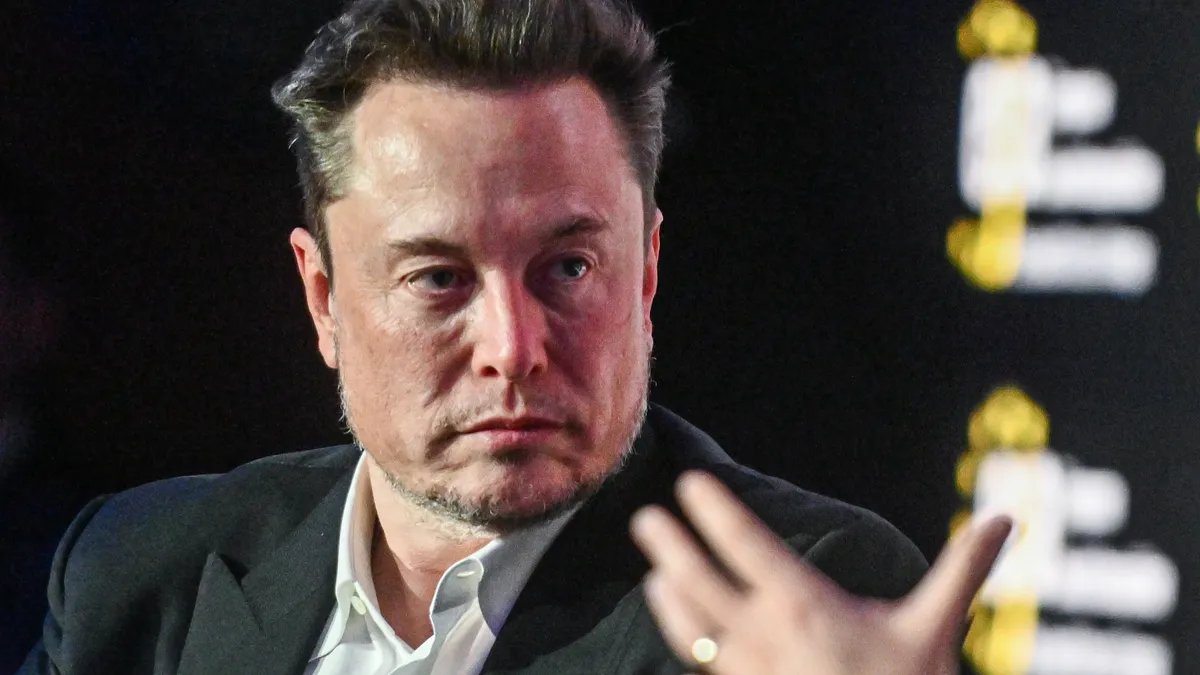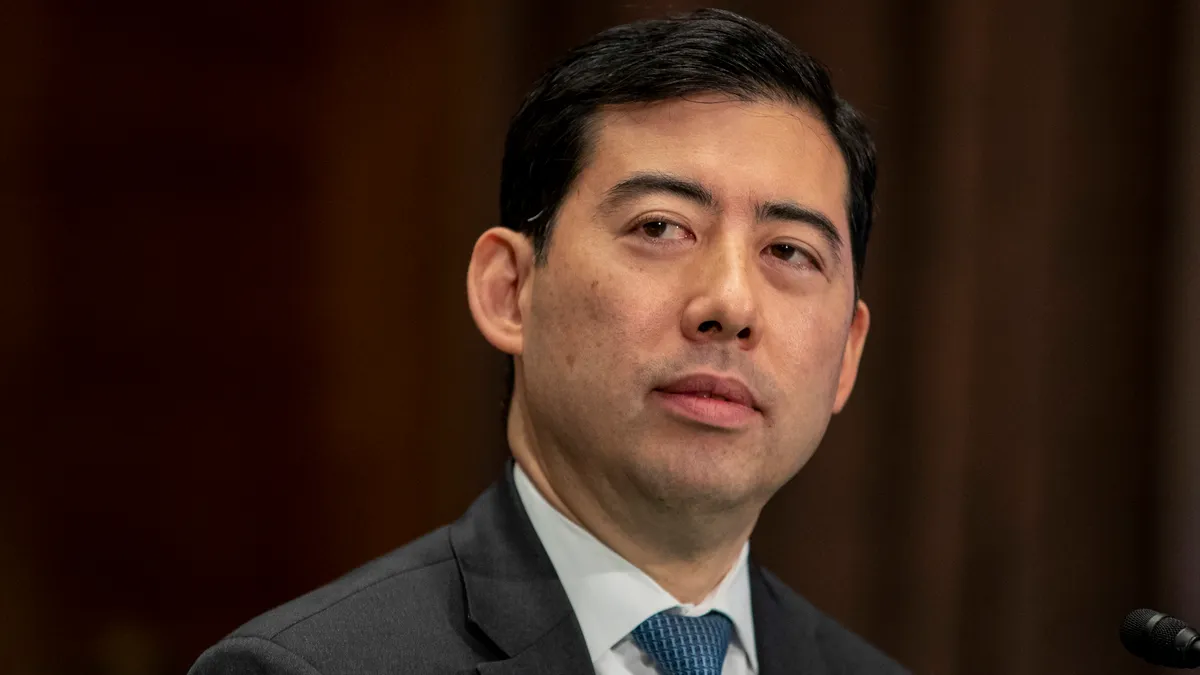Moments after Elon Musk bought Twitter in late 2022, one of his assistants fired the company’s four top executives for cause – citing gross negligence and willful misconduct – in what the executives say was a deliberate effort to deny them their severance pay.
“He simply fired them without reason, then made up fake cause and appointed employees of his various companies to uphold his decision,” attorneys for the executives said in a March 4 lawsuit in the U.S. District Court for the Northern District of California. The former executives are CEO Parag Agrawal, CFO Ned Segal, Chief Legal Officer Vijaye Gadde and General Counsel Sean Edgett.
The cause that Musk later came up with, according to the executives, was a massive success fee that Twitter paid the outside law firm Wachtell, Lipton, Rosen & Katz for helping it force Musk to buy the company after he tried to back out of the deal.
“The sole basis for [the] ‘cause’ finding was that the Plaintiffs purportedly committed ‘gross negligence and willful misconduct’ … primarily because Twitter paid success fees” to the law firm, the lawsuit says. “Although success fees are common following a successful takeover defense, Defendants take the position that these particular payments were wrongful because Musk objects to them.”
That fee came to around $90 million, which Musk, in a lawsuit he filed last year to get the money back, called unethical and unjust and that Twitter approved only because it was run by lame duck executives who no longer felt they had a fiduciary duty to curb spending.
“The total fee that Wachtell received was several multiples of what a reasonable fee would have been under the hourly engagement that Wachtell agreed to in [its] engagement letter,” Musk said in the earlier lawsuit.
The executives call Musk’s effort to cite the fee as a reason for firing them “pretextual and insupportable.”
“Musk knew the amounts of the attorneys’ fees payments before the closing, but never mentioned the fees in his termination letters, showing that he only later decided to use that as a purported justification for the terminations,” the executives say.
In any case, they say, the structure and amount of the success fee was vetted and approved by Twitter’s board and in paying it, the executives were simply carrying out company policy. “The process for determining these fees was set by the Board, the ultimate fee amounts were decided by the Board, and the Board directed Plaintiffs to pay these fees,” the lawsuit says.
The executives say Musk had other reasons to deny them their severance packages, starting with bad blood between him and Agrawal, when the then-CEO refused to fire Gadde for content moderation decisions she made as CLO that Musk didn’t like.
“When Agrawal refused to terminate Gadde, Musk told him that ‘we can’t work together,’” says the lawsuit, referencing a meeting Musk had with Agrawal and others before Musk’s purchase of the company had closed.
Gadde’s problematic decisions included suspending Donald Trump’s account after he defended his supporters storming the Capitol on January 6 and not suspending an account that had been tracking Musk’s plane using publicly available flight information.
More broadly, Musk remained upset at having to make good on his deal to buy Twitter after the share price dropped as part of a wider market decline that meant his acquisition of the company for $44 billion would be at a premium he never intended to pay.
“Musk’s anger was directed broadly at the group that successfully represented Twitter on behalf of its public shareholders,” the lawsuit says. “Musk found an immediate outlet for his anger by wrongfully withholding Plaintiffs’ severance payment.”
The executives say they filed the lawsuit only after exhausting the process laid out in the Employment Retirement Income Security Act, under which their severance packages are governed. They each submitted a claim for benefits with the administrator that Musk appointed after he took over the company. Those were denied, as were the appeals they submitted.
“All Plaintiffs exhausted their administrative remedies,” the lawsuit says.
Should they win their claims for benefits, Agrawal would receive $57.4 million, most of it in equity shares valued at the per-share purchase price of $54.20; Segal, $44.5 million; Gadde, $20 million; and Edgett, $6.8 million.
Musk thought he was saving $200 million by denying them the chance to collect their pay, the lawsuit says. But he may have to pay up anyway, with interest and penalties.
“If anyone around Musk had been willing to tell him the truth, he would have learned that his scheme to deny Plaintiffs their contractual severance payments was a pointless effort that would not withstand legal scrutiny,” the lawsuit says.



















